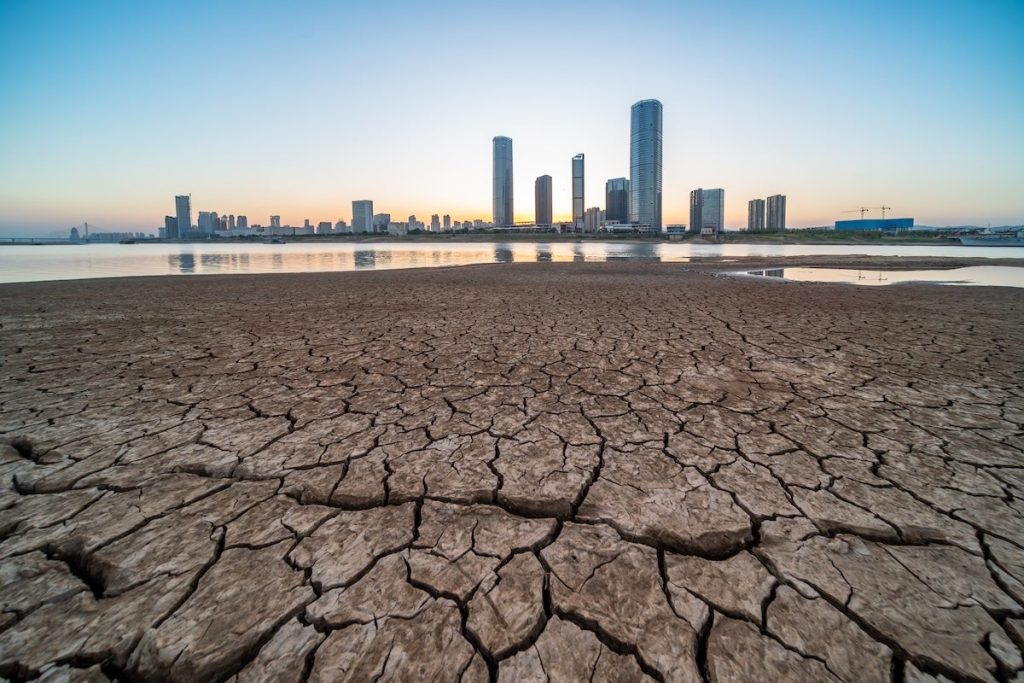Context:
Currently, Johannesburg City is on the verge of ‘Day Zero’, after Cape Town’s water crisis.
‘Day Zero’:
It is a concept associated with water resources becoming scarce because of drought conditions as aggravated by climate change.
It was used for Cape Town in 2018, referring to the day when the level of the dam catering for the city reached as low as 13.5%.
Chennai also experienced the worst drought in 2019 and was near the Day Zero situation.
- Chennai is not a rainfall-deficient city and despite several warnings in the previous years, Chennai ran out of water.
Water Crisis in India:
India has 18% of the world’s population, but only 4% of its water resources, making it among the most water-stressed in the world.

India is the largest groundwater user in the world, with an estimated usage of around 251 Billion Cubic Metres (bcm) per year which is more than a quarter of the global total.
More than 60% of the irrigated agriculture and 85 % of the drinking water supplies depend on groundwater.
Farmers in Punjab, Haryana, and Rajasthan facing the prospect of having no groundwater left for irrigation by 2025.
India accounts for 12% of global groundwater extraction, pumping some 230 billion cubic meters each year.
Central Ground Water Board (CGWB) and respective state governments jointly conduct the Dynamic Ground Water Resource Assessment of the country,, according to it: –
- Out of the total 6553 Assessment Units (AUs) in the country, which are generally blocks/taluks/tehsils, 736 units(11.23% of 6553) have been categorized as ‘Over-exploited(OE)’ where the Stage of Groundwater Extraction (SOE) is more than 100%.
- As per the groundwater level monitoring done during November 2022, out of the 17,599 wells measured, 86.92% wells had depth to water level.
- The comparison of groundwater extraction between the years 2020 and 2022 (as assessed by the Central Ground Water Board (CGWB) and States) indicates a decrease in extraction (on an average for the entire country) from around 244.92 Billion Cubic meters (BCM) to 239.16 BCM.

